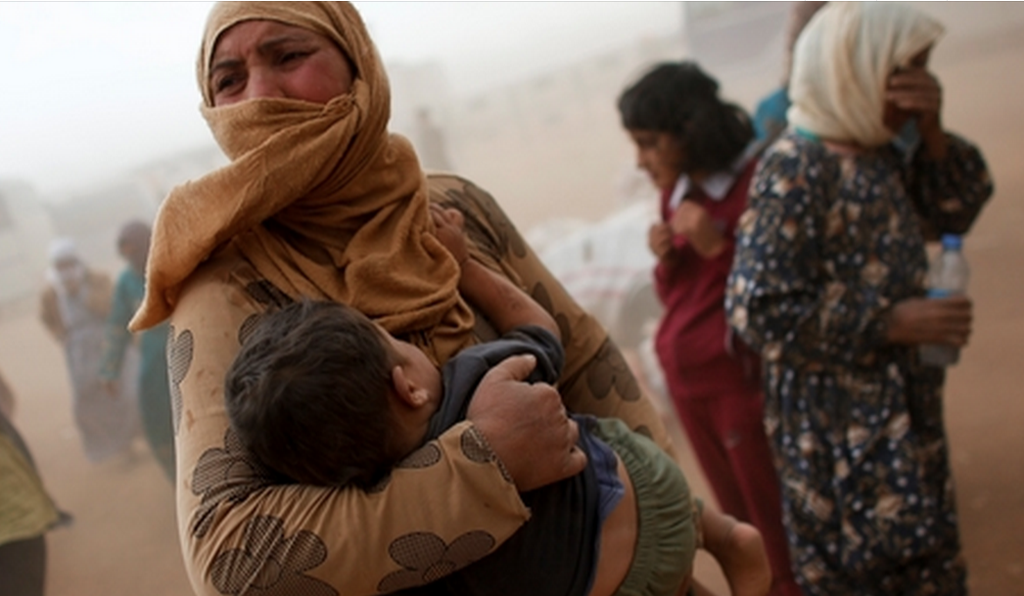The following information is based on the Amnesty International Report 2021/22. This report documented the human rights situation in 149 countries in 2021, as well as providing global and regional analysis. It presents Amnesty International’s concerns and calls for action to governments and others.
ALBANIA 2021
In April, parliamentary elections confirmed the third mandate for the ruling Socialist Party. The right to privacy of around 900,000 citizens was violated. Violence persisted against women, journalists and LGBTI people. The absence of a specialized medical institution made implementation of European Court of Human Rights and High Court rulings impossible.
Right to privacy
In early April an unlawful database holding the personal data of some 900,000 citizens and used by the Socialist Party for electoral purposes was leaked days before the elections. A total of 162 citizens sued the Socialist Party for violation of data protection law. In December, two other databases were leaked, causing public outrage. They held personal data such as salaries, workplaces and type of car owned for more than 600,000 taxpayers.
In July, the Constitutional Court nullified certain provisions of the Law on the State Police which had allowed the police to conduct mass surveillance of citizens without prior court authorization. Those provisions were found unconstitutional as they imposed illegal limitations on the right to privacy.
Freedom of expression
In April, the Special Anti-Corruption Structure seized the database containing the personal data of 900,000 citizens (see above: Right to privacy) from the news portal Lapsi.al, which had made it public. Concerns arose regarding freedom of expression, protection of sources and intimidation of journalists. The European Court of Human Rights (ECtHR) issued an interim measure ordering the authorities to cease seizing any data from the news portal.
While filming a police operation in July, journalist Ergys Gjencaj was physically attacked by officers. He was detained and his phone was confiscated.
Cruel, inhuman or degrading treatment
In July, following the ECtHR decision on Strazimiri v. Albania, the High Court ordered that Arben Strazimiri be moved from prison facilities to a specialized medical institution, in order to end the inhuman and degrading treatment he had suffered.
Right to health
In August, the Ministry of Health ordered compulsory Covid-19 vaccination for high-risk groups such as medical staff, teachers and students.
According to the Ombudsman, the number of people infected with Covid-19 far outnumbered the treatment packages for which they could be reimbursed. Patients diagnosed during March-November 2020, as well as those tested positive by private health institutions, were not eligible to be reimbursed for medication.
LGBTI people’s rights
LGBTI people remained subject to discrimination and harassment. A transgender woman was beaten in the street. In June, the Civil Registry prohibited a lesbian couple from registering as parents.
Violence against women and girls
Women candidates faced hate speech during the electoral campaign in March.
Violence against women sparked public outrage. By early December, 2,754 protection orders had been issued, but were poorly implemented. According to State Police, of all murders committed during the year, 30% were by men against their domestic partners; 16 women were killed. In May, one woman was murdered at Elbasan District Court after her divorce hearing.
Right to a fair trial
Justice reform continued slowly. The ECtHR upheld the legitimacy of the vetting process in the case of a constitutional judge who was dismissed, after assessing her claims for violations of the rights to fair trial and privacy.
Refugees’ and migrants’ rights
In August, the prime minister announced that Albania would temporarily host 4,000 people from Afghanistan. By October, 866 had arrived and were granted temporary protection status for one year.



